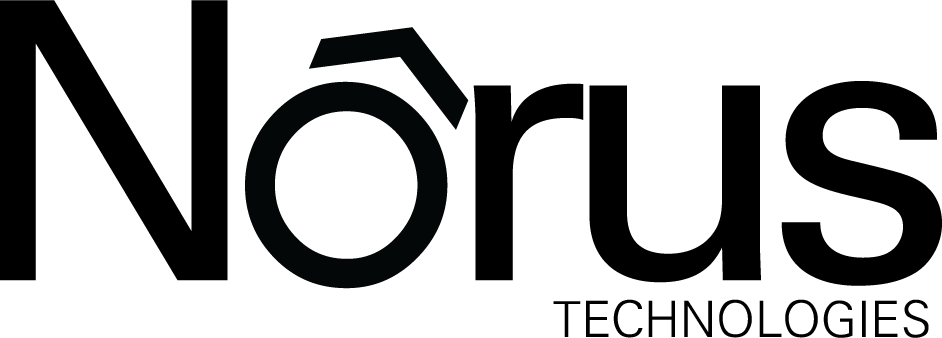Introduction to AI in the Nonprofit Sector
The Importance of Privacy Policies
Dangers of Not Having AI Privacy Policies
Failing to implement comprehensive AI privacy policies can have severe consequences for nonprofits:
- Legal and Regulatory Risks: Nonprofits may face hefty fines, penalties, and lawsuits for non-compliance with data protection regulations.
- Data Breaches and Privacy Violations: Lack of clear guidelines and safeguards increases the risk of unauthorized access, misuse, or loss of sensitive data.
- Loss of Public Trust: Privacy breaches can severely damage a nonprofit’s reputation, eroding trust with donors, beneficiaries, and partners.
- Ethical Concerns: AI systems without proper privacy safeguards may perpetuate biases, violate individual rights, and undermine the nonprofit’s mission and values.
- Operational Inefficiencies: Ambiguous data practices can lead to inconsistent implementation, duplication of efforts, and wasted resources.
By recognizing these dangers, nonprofits can appreciate the urgency of establishing robust AI privacy policies.
Crafting AI Privacy Policies for Nonprofits
Crafting an AI privacy policy requires a thorough understanding of the nonprofit’s AI applications and the data it handles. This section covers the essentials from establishing clear objectives, ensuring data security, complying with legal standards, to promoting transparency. It emphasizes the need for a multidisciplinary approach, involving legal experts, data scientists, ethicists, and operational staff in policy development. Conducting privacy impact assessments is crucial to identify potential risks and vulnerabilities. Balancing data utility with privacy protection is a challenge, and strategies for achieving this balance should be outlined.
Implementing the Privacy Policy
Challenges and Solutions
Nonprofits face several challenges in managing AI and privacy, from technical hurdles to ethical dilemmas. This section discusses practical solutions to navigate these challenges, ensuring that AI technologies serve the nonprofit’s mission without compromising privacy. It analyzes the challenges of managing privacy in complex AI systems, such as algorithmic bias, model interpretability, and data lineage. Ethical dilemmas, like conflicting stakeholder interests or tensions between privacy and public interest, are also explored.
The Centre for Democracy and Technology (CDT)has crafted a Generative AI Usage Policy that outlines how their organization will and won’t use generative AI systems. This policy encourages staff experimentation with generative AI to improve efficiency and understanding while ensuring the technology aligns with organizational values. The policy distinguishes between original works, which have stricter generative AI usage limits, and derivative works, which may use AI outputs more freely if sourced from original CDT work. It emphasizes the responsibility of staff for the quality and accuracy of AI-generated content and includes guidelines for both external and internal uses of generative AI, including privacy and data security practices. For more details, you can view the full policy here.
The Future of AI and Privacy at Nonprofits
Privacy Policies for AI Usage at Nonprofits
FAQs

What are the key components of an AI privacy policy for nonprofits?

Key components include clear data collection and usage guidelines, security measures, legal compliance, transparency, and accountability mechanisms.

How can nonprofits ensure compliance with legal standards in their AI privacy policies?

Nonprofits should consult legal experts, stay updated on relevant regulations, conduct regular audits, and implement robust data governance frameworks.

What strategies can nonprofits use to balance AI innovation with ethical considerations?

Strategies include involving ethicists in policy development, conducting ethical risk assessments, promoting transparency and accountability, and prioritizing beneficiary rights.

How often should nonprofits review and update their AI privacy policies?

Policies should be reviewed and updated regularly, at least annually, to account for changes in technology, regulations, and organizational practices.

What role do transparency and accountability play in AI privacy policies at nonprofits?

Transparency and accountability are crucial for building trust with stakeholders. Policies should outline clear communication channels, reporting mechanisms, and remediation processes.

How can nonprofits train their staff on the importance of AI privacy policies?

Regular training sessions, awareness campaigns, and incentive programs can promote understanding and adherence to privacy policies among staff.






